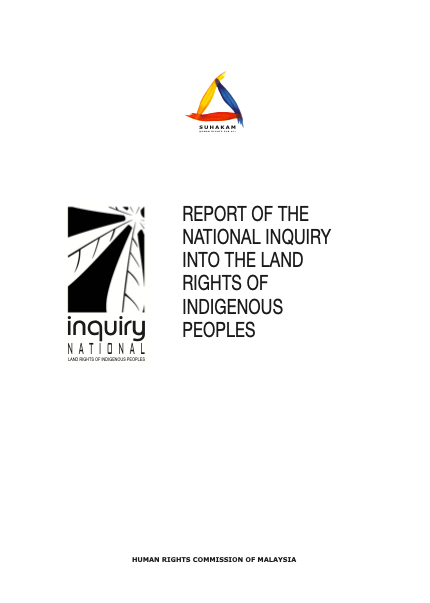Governance of Natural Resources in the Philippines : Lessons from the Past, Directions for the Future
T his report analyzes natural resource
management and governance in the Philippines, identifying
recent trends, current challenges, and future goals. The
first half of the report summarizes the status of the
country's natural resources, describes sector policies,
institutions, and budget mechanisms, and identifies
impediments to improvements. The second half focuses on
three crucial issues for natural resource governance:



